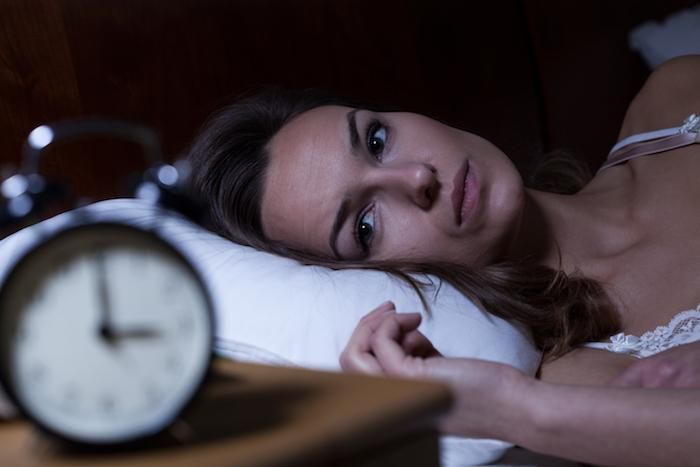If you’ve ever had trouble sleeping, you know the feeling of longing for a restful night. That feeling increases tenfold for those who suffer from the sleep disorder insomnia. But do you know how this disorder affects the rest of your life, including your health?
At Carolina Wellness Psychiatry in Chapel Hill, North Carolina, our skilled team is ready to help you fight your insomnia and start getting the rest you’ve been craving. Our skilled doctors provide specialized treatment to get you on the path to finally sleeping again.
What is insomnia?
Insomnia is a disorder that affects your sleep. It can make it hard for you to fall asleep, or you may have trouble staying asleep. It can make for very long, restless nights that make you yearn just to be able to nod off.
Insomnia is not usually a primary condition, meaning you most likely have another, underlying problem causing the disorder. Some of the causes for insomnia include:
- Medications
- Anxiety
- Depression
- Pregnancy
- Chronic pain
- Restless leg syndrome
- Psychiatric disorders
Insomnia can also be caused by your daily lifestyle habits, such as caffeine consumption and drinking alcohol. Many of these factors together create the perfect storm that leads to night after night of little to no sleep.
How insomnia can affect your health
Although insomnia is primarily a sleep disorder, it can have negative effects on just about every aspect of your overall well-being. This usually stems from the lack of sleep your body experiences, as we all need about 7-8 hours of sleep per night.
Insomnia and lack of sleep can greatly increase your chances of suffering from certain medical conditions, such as:
- Stroke
- Seizure
- Asthma attacks
- High blood pressure
- Heart disease
- Inflammation
It can also increase your risk of developing diabetes, along with a weakened immune system.
The lack of sleep associated with this disorder doesn’t just affect your physical health. Insomnia can wreak havoc on your mental well-being too. It can manifest in different ways, including:
- Depression
- Anxiety
- Confusion
- Frustration
When your mind is stressed, it does a number on the rest of your body too. Insomnia can affect other aspects of your life, including:
- Memory
- Sex drive
- Judgement
- School
- Work
Finding a way to get this condition under control is the only way for you to get on the road to a well rested, healthier you.
Fighting insomnia
You might be wondering if you’ll ever get your insomnia under control. The truth is, there are a lot of lifestyle changes you can make, along with other treatments that can help you get the sleep you’ve been dreaming of.
Once our doctors have determined that you’re suffering from insomnia, the first course of action is to figure out what underlying problem may be causing it. Getting that condition under control may be all you need to kick the insomnia for good.
Our doctors may also recommend some lifestyle modifications for you to help make the most of your sleep. These may include things such as:
- Having a regular bedtime
- Limiting screen time
- Eliminating napping
- Not eating before bed
- Not watching TV while in bed
Our doctors may also recommend sleep medications along with cognitive behavioral therapy to help you deal with issues related to insomnia, and create a more relaxed state of mind for a more restful slumber.
When you’re yearning for just one good night’s sleep, you know it’s time to see a doctor. Call our office today at 919-446-3232, or request an appointment using our online booking tool.




